US Veto Blocks UN Security Council Gaza Ceasefire Resolution Despite Overwhelming Support
The United States has again blocked a United Nations Security Council resolution calling for an immediate and permanent ceasefire in Gaza, despite 14 out of 15 members voting in favour. The move has intensified global criticism as Gaza’s humanitarian crisis reaches catastrophic levels.
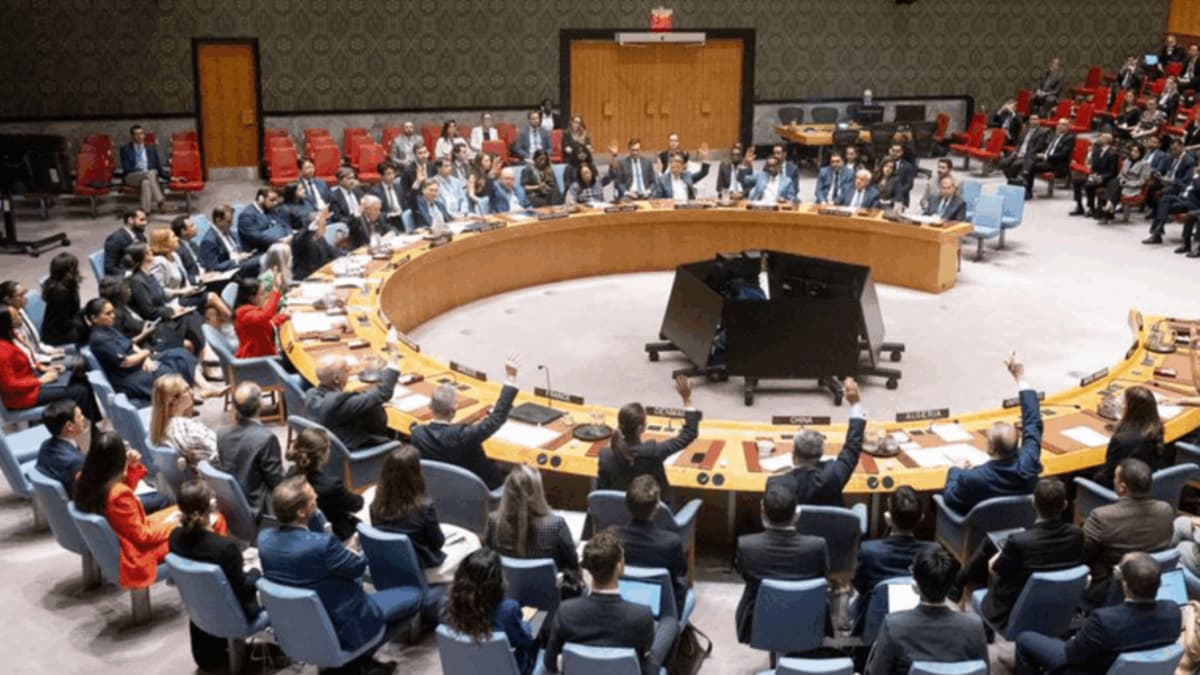
- On 5 June 2025, 14 of 15 UNSC members voted for a Gaza ceasefire resolution.
- The US vetoed the draft, citing lack of Hamas condemnation and disarmament demands.
- The resolution called for a permanent ceasefire, release of hostages, and unrestricted aid.
- Gaza faces catastrophic famine and humanitarian collapse, with over 54,000 deaths reported.
- Aid distribution now handled by Gaza Humanitarian Foundation, criticised as unsafe and militarised.
- The veto continues a pattern of US blocking ceasefire measures seen as biased against Israel.
A draft resolution demanding an immediate and permanent ceasefire in Gaza won overwhelming support at the United Nations Security Council (UNSC) on 5 June 2025. Fourteen of the Council’s 15 members voted in favour of the measure, but the United States exercised its veto power, preventing its adoption.
The resolution was co-sponsored by ten elected Council members—Algeria, Denmark, Greece, Guyana, Pakistan, Panama, the Republic of Korea, Sierra Leone, Slovenia, and Somalia—collectively known as the E-10.
The draft text called for an “immediate, unconditional and permanent ceasefire in Gaza,” the release of all hostages, and the lifting of restrictions that have severely hampered humanitarian aid. It also urged the restoration of essential services across the Gaza Strip, where more than two million people are facing imminent famine.
Supporters of the resolution emphasised its urgency, referencing international assessments warning of catastrophic living conditions after more than eight months of a near-total blockade. The draft also expressed support for mediation efforts led by Egypt, Qatar, and the US itself, under the framework of Security Council Resolution 2735 (2024).
US cites lack of Hamas condemnation
The resolution’s passage was blocked by Acting US Ambassador Dorothy Shea, who argued the draft was “unacceptable” because it did not explicitly condemn Hamas or demand the group’s disarmament and withdrawal from Gaza.
“The United States has been clear – we would not support any measure that fails to condemn Hamas and does not call for Hamas to disarm and leave Gaza,” Shea said.
She added that Hamas had rejected multiple ceasefire proposals, including one made only days earlier, and warned that adopting the resolution would “reward intransigence” and disrupt sensitive negotiations to end hostilities and free hostages.
Divisions within the Council
The US position stood in sharp contrast to that of other permanent members. Both the United Kingdom and France backed the resolution.
UK Ambassador Barbara Woodward said her country voted in favour because “the intolerable situation in Gaza needs to end.” She called on Israel to allow aid to flow into the enclave and let humanitarian agencies “save lives, reduce suffering and maintain dignity.”
The French mission similarly expressed deep concern over the humanitarian toll, with officials urging the Council to prioritise immediate relief for civilians.
Humanitarian crisis deepens
Human rights organisations and some UN officials have described the situation in Gaza as a “genocide.” According to the UN, more than two million people are at risk of starvation.
Concerns have also grown over the new privatised aid distribution system led by the Gaza Humanitarian Foundation (GHF), a group supported by the US and Israel. Critics say the shift away from UN-led operations has militarised aid delivery, making distribution points dangerous and ineffective.
UN relief chief Tom Fletcher condemned the deteriorating conditions. “The world is watching, day after day, horrifying scenes of Palestinians being shot, wounded or killed in Gaza while simply trying to eat,” he said.
Heavy toll of war
The conflict began on 7 October 2023, when Hamas launched attacks in Israel that killed about 1,200 people and took 251 hostages. Israel responded with a military campaign that has since devastated Gaza.
According to the Gaza health ministry, more than 54,000 people have been killed since the fighting began, including 4,201 deaths reported since 18 March 2025, when Israel resumed major offensives.
Another failed attempt at peace
The blocked resolution marks yet another failed attempt by the international community to secure a ceasefire through the UN framework.
Previous drafts have also been vetoed by the US, which has consistently opposed measures it views as unfairly critical of Israel or insufficiently focused on Hamas.
Despite growing international pressure, divisions within the Council continue to stymie efforts for a binding resolution—leaving the humanitarian crisis in Gaza unresolved.



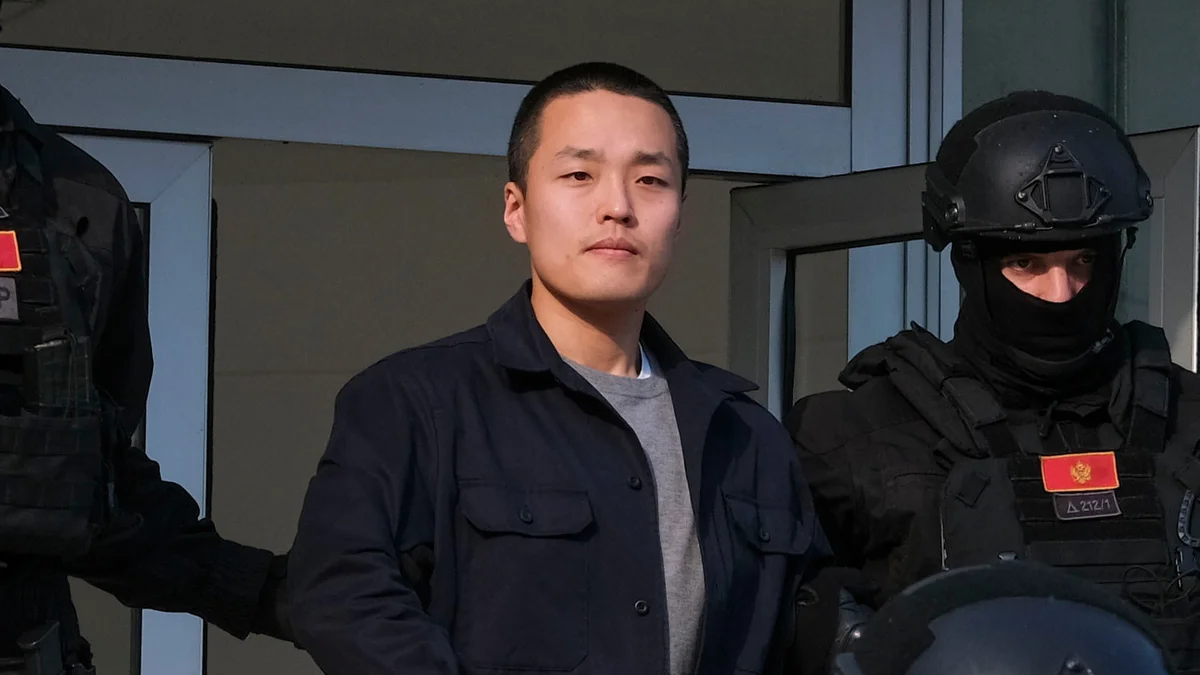
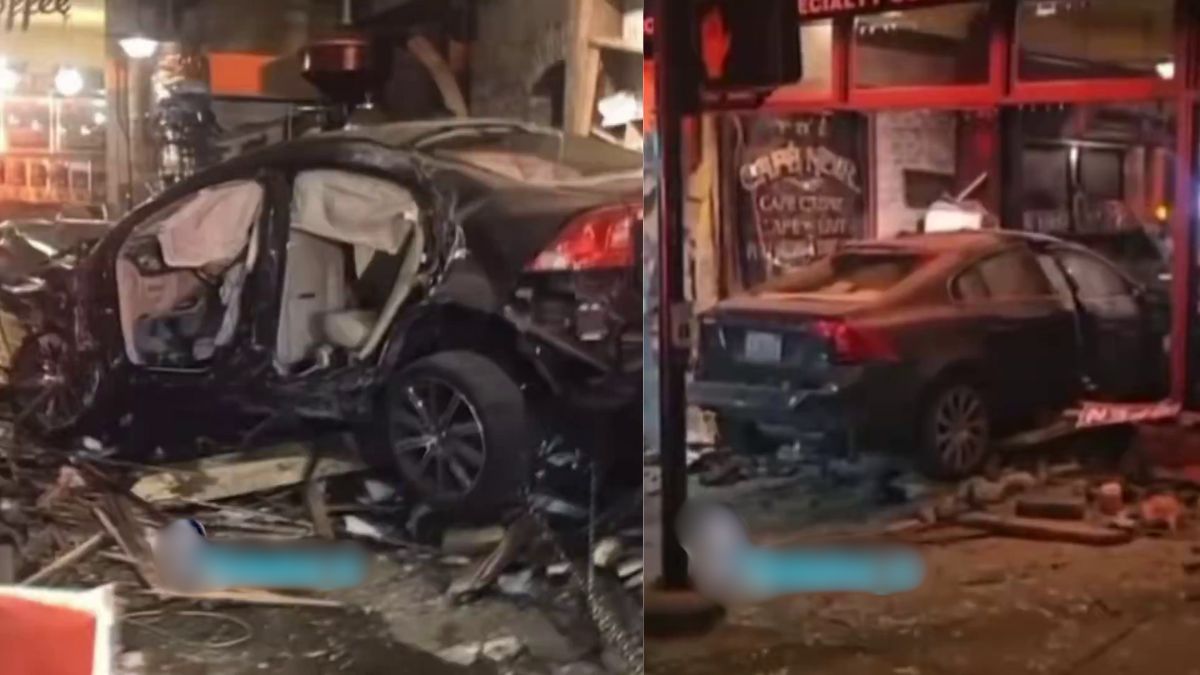
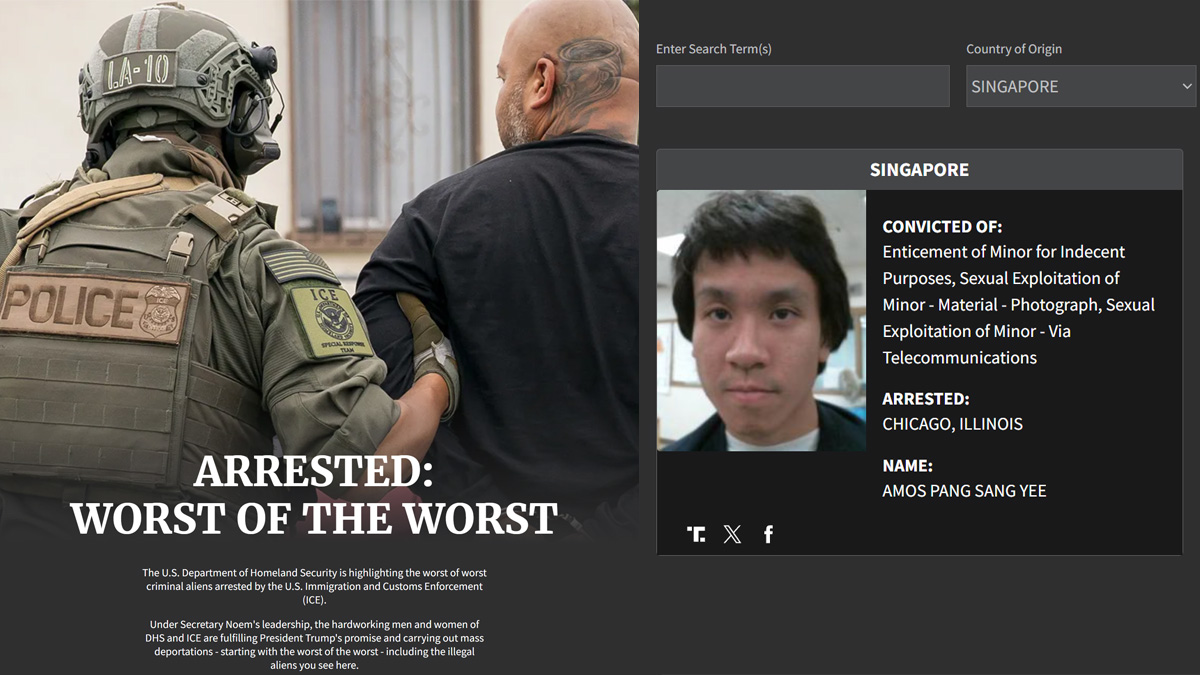
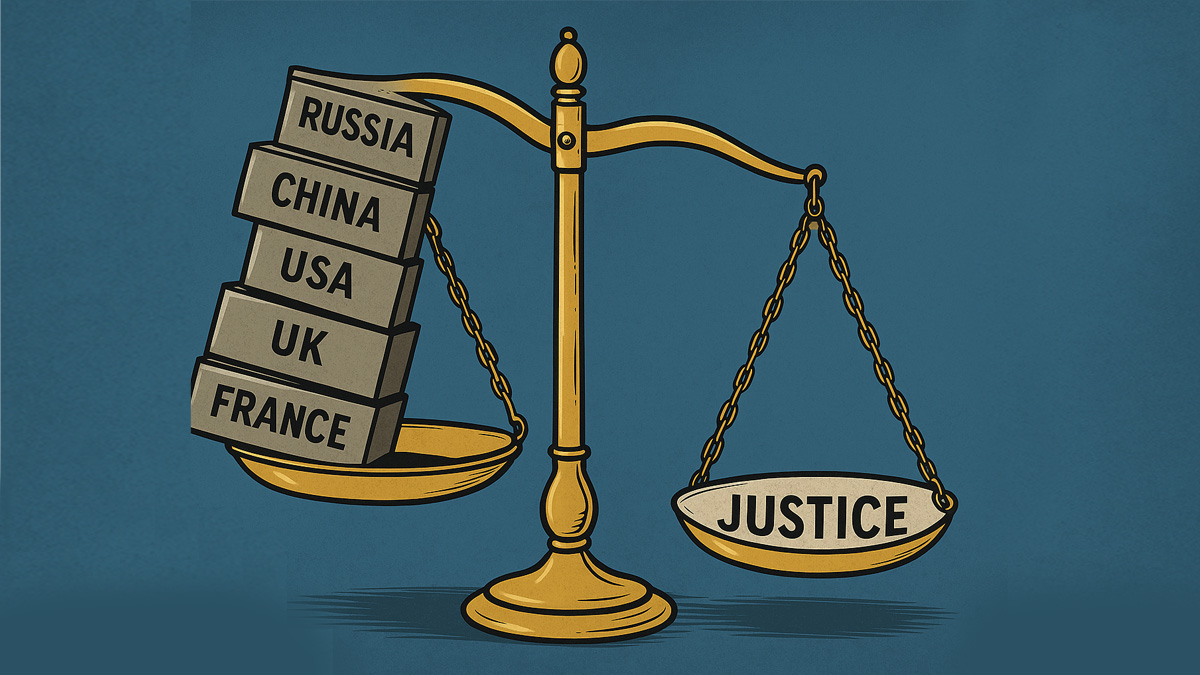
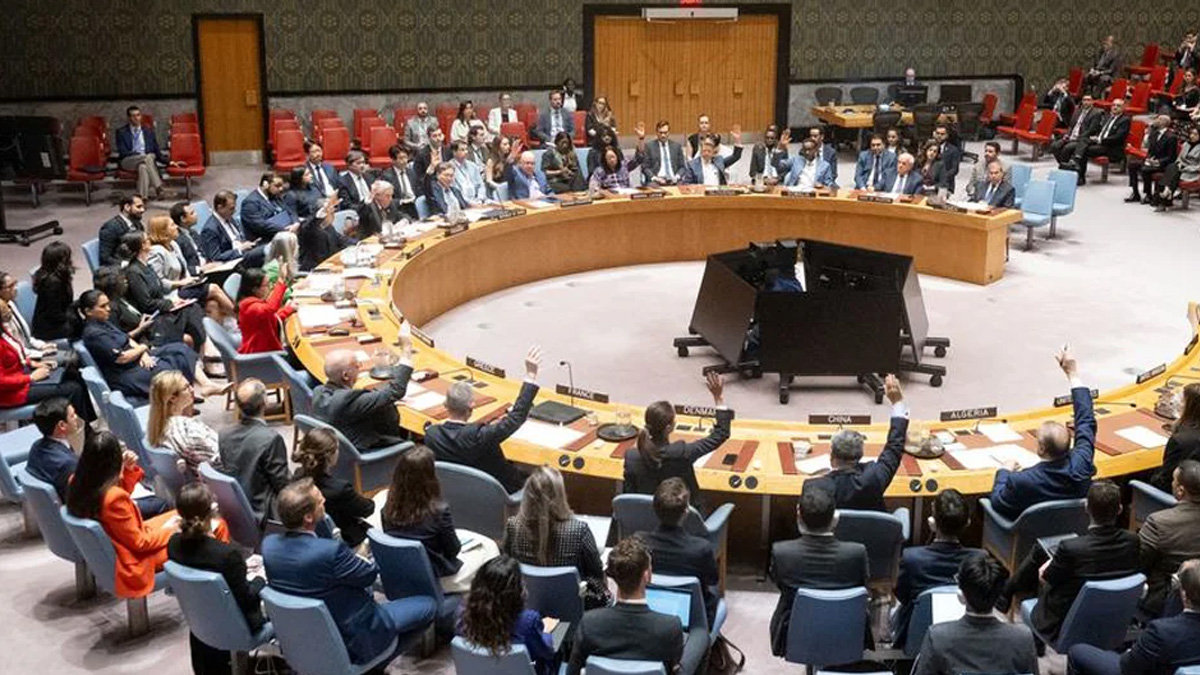
0 Comments